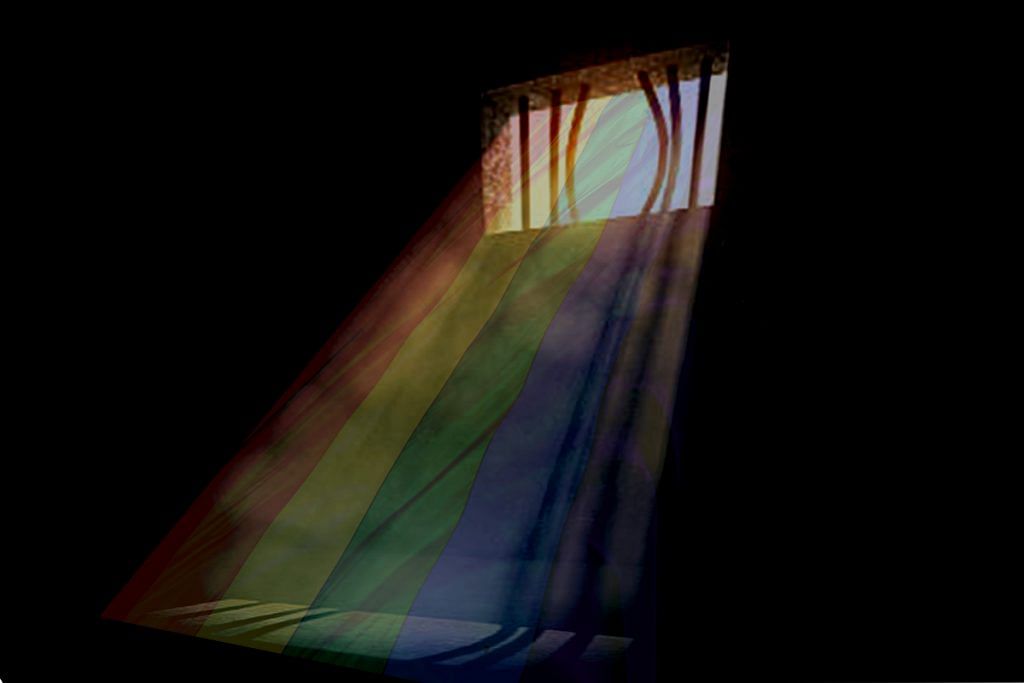I was the youngest of several children. My mother had multiple sclerosis and she died when I was sixteen; she had been bedridden since I was five. I don’t recall her ever picking me up, caressing me, expressing maternal love. I was brought up by servants and my strict father, while my four sisters were in boarding school. I remember my mother’s ten years of agony: screaming in pain, suffering from bedsores, praying for death. My father was a rich businessman. He took my mother to expensive clinics abroad, but no treatment worked. All my life I was very close to him; he said to me once, ‘I am your mother and your father’, and I replied spontaneously, ‘I am your daughter and your son.’ He was a domineering and forceful man, but he thought he was acting in our best interests. He had high expectations and I tried to live up to them. He was able to instil confidence and authority in me. Some of that came from financial privilege.
My first sexual relationship took place in college when I was seventeen. I was drawn to two older girls who were physically well developed. I found their maternal aspect very comforting. I used to drink beer and carry on one night with one lover, the next night with the other — both girls were in a constant state of jealousy. I didn’t know the term ‘lesbian’ in those days. I assumed the attraction was a natural phenomenon, and followed my instincts. One of these girlfriends had been sexually abused by her father from childhood onwards, and had undergone two abortions. She was generally very reserved, but she opened up to me. I analysed it later for myself — it occurred to me that she was looking for a child and I was looking for a mother, therefore we were able to fulfil mutual needs.
My father was very conservative. We were five sisters; not one was allowed to meet boys or go out. We grew up with the idea that we would be married off as soon as we were eighteen years old — marriages arranged and organized by my father. The circumstances of my own wedding were somewhat drastic — a letter written by a boyfriend was intercepted by my sister and shown to my father. He was furious. He beat me and locked me up, regardless of my broken tooth, bleeding nose, black eye… I begged him to let me graduate at least. He refused to listen. I was engaged within a week, married within a month. I was a complete rebel so the idea was hateful, to say the least. I refused to get dressed up for the engagement. Finally I wore a plain pink salwar kameez and grudgingly allowed my sister to push earrings into my ears. A stranger slid a ring onto my finger. I was obliged to be committed to this man! It was meaningless. I hadn’t spoken a word to him, or he to me. And I was supposed to have sex with him!
Also read: Year after homosexuality was decriminalised, equality a distant dream for LGBTQ community
This excerpt from Facing the Mirror: Lesbian Writing from India, edited by Ashwini Sukthankar, has been published with permission from Penguin Random House India.
